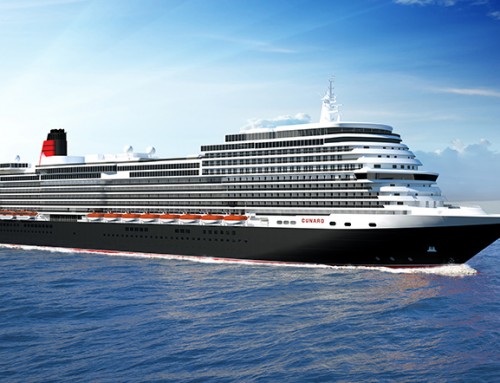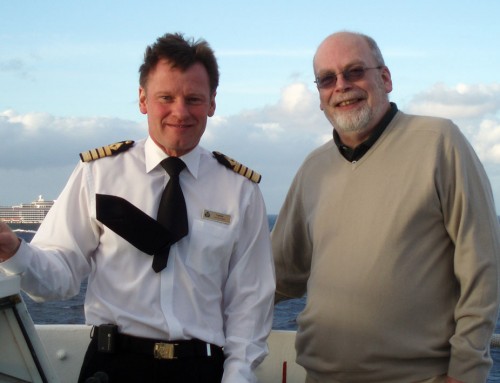The economics of cruise holidays are a fascinating subject for study, and worthy of analysis by greater brains than mine. What we do know – and it’s a message that has been hammered out for month after month – is that a cruise is unbeatable value for money.
Travel writer and agent Chris Owen, from Orlando, Florida, has examined the subject in his latest blog, comparing the cost of a three-night cruise to the Bahamas with a weekend break in Las Vegas.
The cruise, naturally, worked out as the best value, costing 40 per cent less than a stay at Caesars Palace.
Others may quibble with Chris’s calculations or his logic, but carry out a similar exercise comparing the cost of an Adriatic cruise with a week in hotels in Venice, Dubrovnik and elsewhere, or a three-night party cruise from Southampton against a weekend in London – with meals and entertainment – and I know which option my money would be on.
No wonder cruise company executives, while welcoming increased profits as world economies emerge from recession, are still wringing their hands and bemoaning the fact that their prices are too low.
There is a price to pay for the bargains, and sadly it’s a human one.
The waiters and bar staff, stewards and stewardesses whose tireless, ever-smiling efforts are the highlight of many a cruise, and the laundry workers and pot washers whose hard work goes unseen by passengers receive very low wages.
They are undoubtedly better off than they might be back home in the Philippines, India or Indonesia, otherwise they would not be prepared to spend long months away from their families who bask in the relative riches that cruise ship work brings.
But their earnings are a tiny fraction of the salaries or pensions enjoyed by passengers travelling in even the cheapest of cabins.
The inquest this week into the death of a waiter who hanged himself after being caught stealing from a restaurant tips jar heard that more money was found in his cabin than he could have earned while on the ship.
And what were the figures? He had £800 in his possession. The inquest was told that in the three months he had been on board the ship he had been paid between £500 and £600 – about £40 a week for working exhaustingly long hours, seven days a week.
Just remember that next time you’re settling your bill at the end of a cruise and are tempted to ask for the gratuities to be reduced or removed, or when you’re begrudging the few crisp tenners stuffed into a brown envelope to hand to your grateful waiter or steward.





Well said! In my experience the crew members are worth every penny of the tips at the end of the voyage. I would like to think that we Brits would be as generous as possible given the luxuries and service we have enjoyed whilst at sea.
Hi John.
As someone who has taken to the high seas as a guest speaker talking about my life with animals, I realise the sentiments you express are only too true. I’ve just come off the Oceana where a lady member of the crew had tears flowing down her face as she told me she was on board for seven months and achingly missed her two daughters.